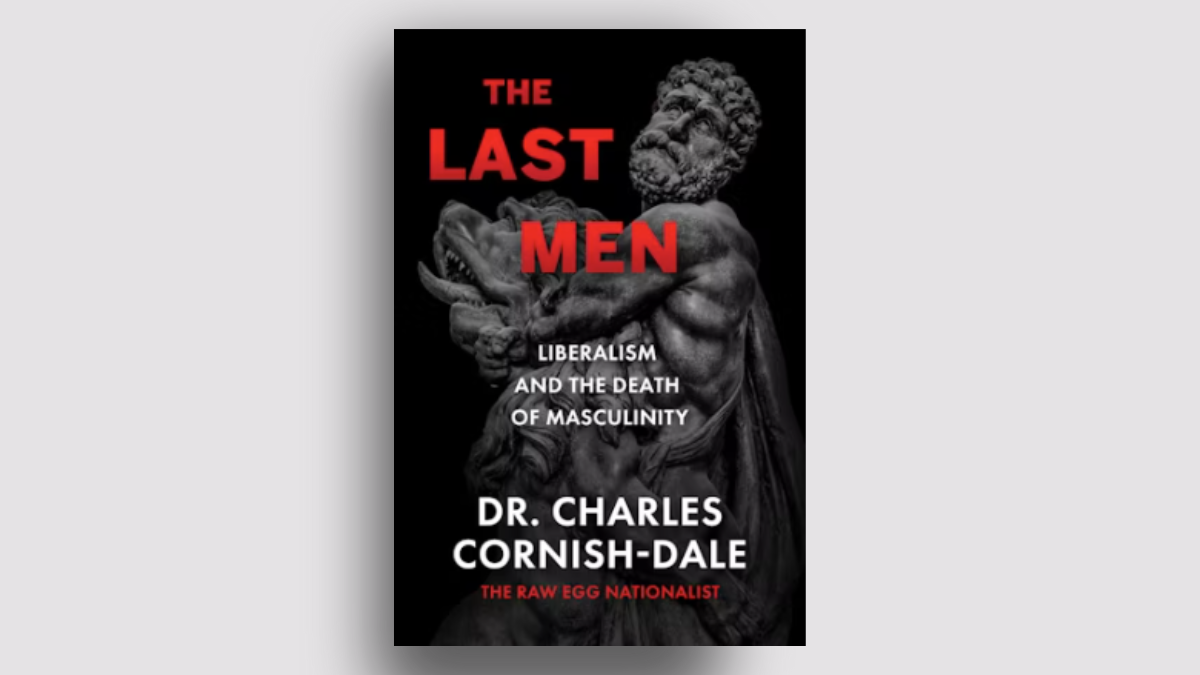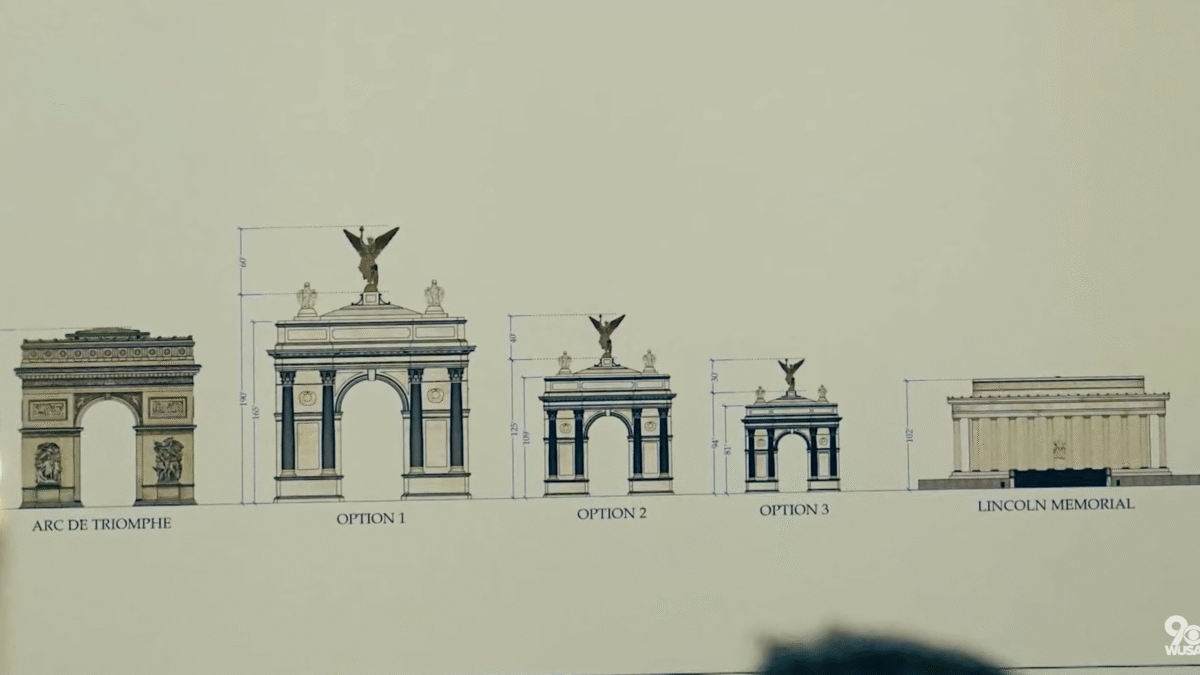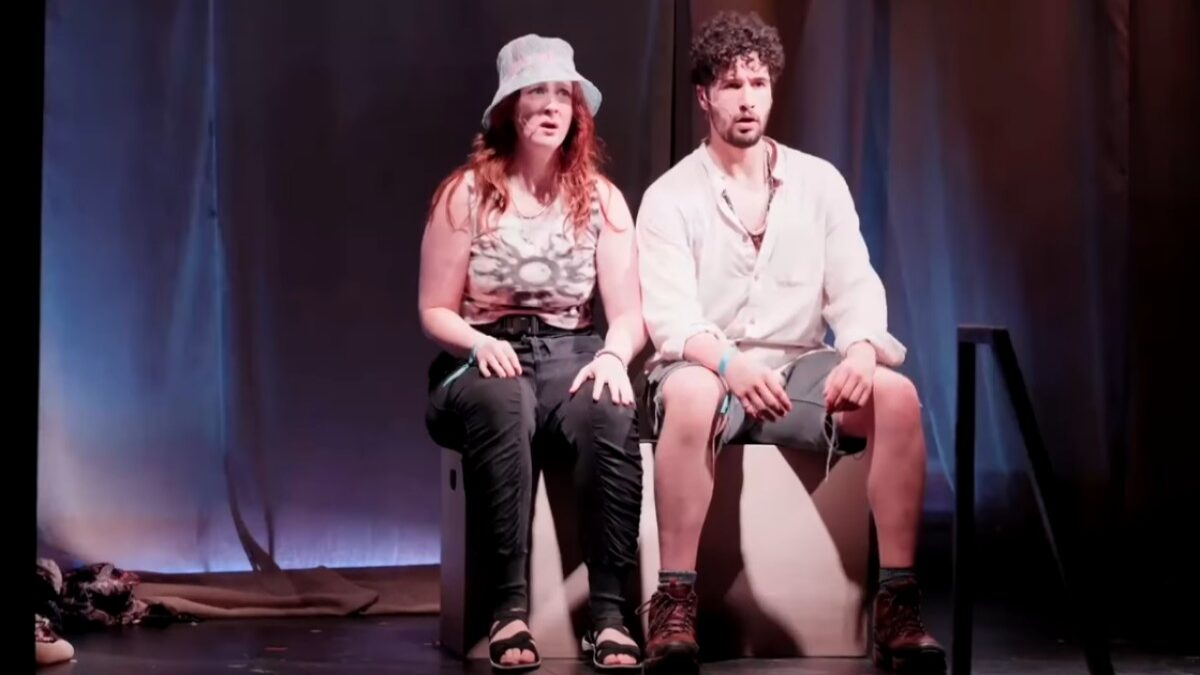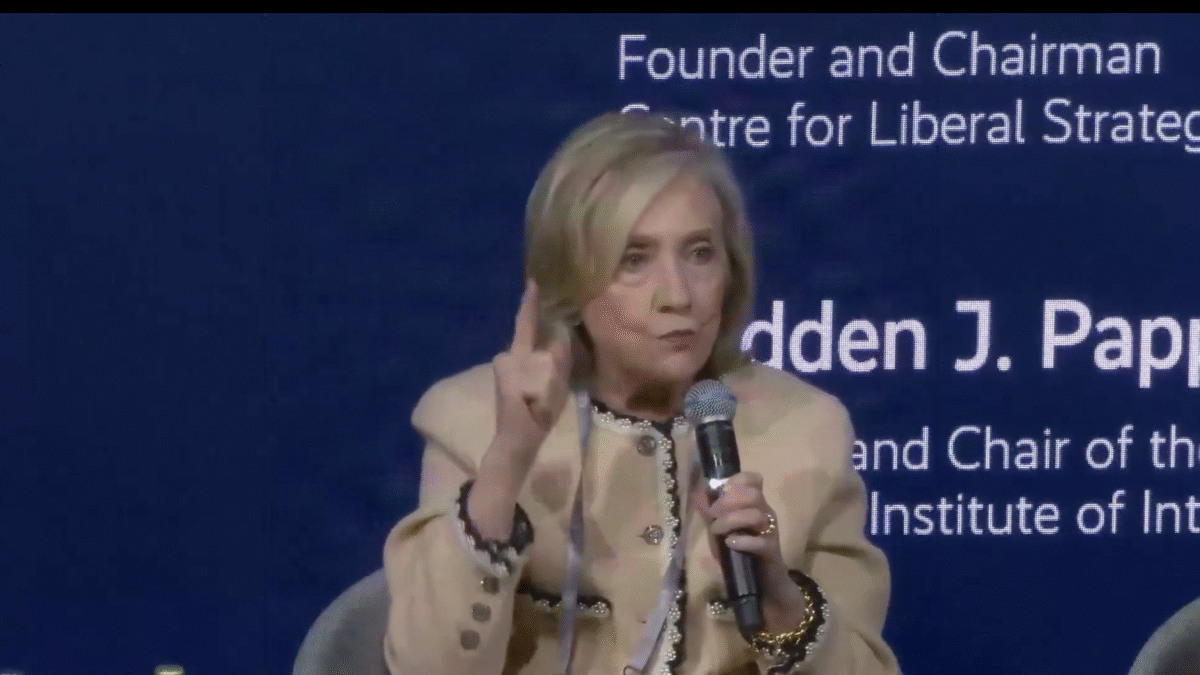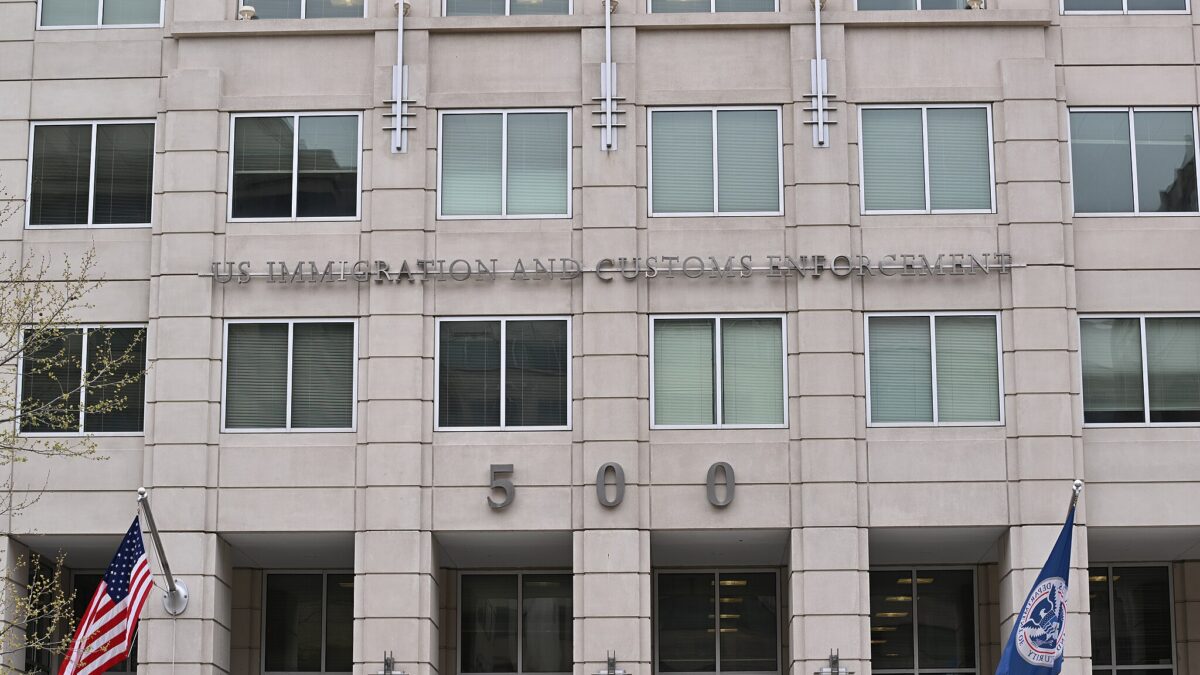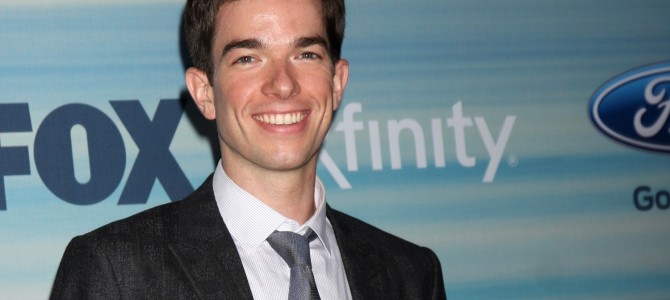
Catholics traditionally do well for themselves in American comedy. Jack Kennedy, that notorious papist, turned in a standard-setting performance at the Gridiron Dinner in 1958, reading out an imaginary telegram from his father: “Jack—Don’t spend one dime more than is necessary [on the next political campaign]. I’ll be damned if I’m going to pay for a landslide.”
In 2013, Slate declared Stephen Colbert “America’s Catholic” and, what’s more, “the greatest thing to happen to American Catholics since Vatican II.” Unlikely to reach those heights, regrettably, is stand-up comedian John Mulaney, whose semi-autobiographical sitcom “Mulaney” has been called “a Roman Catholic ‘Seinfeld.’” That wasn’t intended as a compliment, which is a shame. Short-lived though it will likely be, “Mulaney” boasts some of the sharper writing on religion in contemporary pop culture.
There are two American cultures, the usual story goes: one made up of those who saw “Heaven Is For Real,” and one that belongs to citizens taken unawares when “Alone Yet Not Alone” picked up an Oscar nomination for Best Original Song. There’s truth to that generalization, but the ranks of the supposedly secular culture are flush with believers, too. American atheists can’t drive ticket sales all on their lonesome; there just aren’t enough of them to go around. So while atheism and orthodoxy are locked in a very public culture war, John Mulaney pokes at this country’s larger and fuzzier zone of contact—where the breezily un-churched rub shoulders with the ambiguously faithful.
The American Catholic’s Predicament with the Devil
“Mulaney” sets up this dynamic in one wonderfully concise exchange from “In the Name of the Mother, and the Son and the Holy Andre,” a conversation with roommates Motif and Jane prompted by a visit from Mulaney’s devout mother. Deflecting Motif’s assumption of non-belief, Mulaney maintains, “No, I think I believe in God. I just don’t believe in all that stuff they taught us in church, you know?” Jane tries to finish the thought: “Right, like you don’t believe in a dude named Jesus who was actually the Son of God.” Mulaney’s face falls. He answers, seriocomically, “Don’t make me say that out loud.”
“Don’t make me say that out loud” might be American Catholicism’s signature prayer. Modernity whiplash isn’t quite so bad for Catholics as it is for some other denominations; lay Catholics in the United States skew Left, including on wedge issues like same-sex marriage and abortion rights (although on some of these there’s a substantial split between the lapsed and the weekly church-goers). So the American Catholic can pass for a nearly flawless modern, as long as he or she resolves to talk as little as possible about those beliefs that risk seeming silly to secular friends. If that’s a grievous moral, social, or cultural failing on somebody’s part, you also have to grant the humor in the predicament.
That tension bubbled up into left-liberal view in a 2013 New York Magazine interview with Supreme Court Justice Antonin Scalia. After volunteering with a stage whisper his belief in the literal existence of Satan, Scalia was volcanically outraged at his interviewer’s reaction: “You’re looking at me as though I’m weird. My God… You travel in circles that are so, so removed from mainstream America that you are appalled that anybody would believe in the Devil! Most of mankind has believed in the Devil, for all of history. Many more intelligent people than you or me have believed in the Devil.” And Scalia had the polling data behind him. A 2013 YouGov poll found that 57 percent of Americans believe in the Devil, with another 15 percent undecided. Forty-six percent believe in exorcism; only 19 percent affirmed confidently that they don’t. The rest, I imagine, whispered at their monitors, “Don’t make me say that out loud,” before clicking: “I don’t know.”
That contrast—between the public confidence that serious people aren’t really religious and Scalia’s avowed belief in the infernal—set off a torrent of surprised headlines. But the same spirit is on more diplomatic display in “Mulaney.” Take the Halloween episode. He jokes in there, “I don’t believe in ghosts. I mean, I believe in an afterlife and I believe in a God and I believe that that God doesn’t want me to have sex, but ghosts?” Cue laugh track. But here’s the thing: Mulaney isn’t really kidding. In an interview with Splitsider, he reiterated his esteem for the advice he once got from a priest: “In order to have a life of any substance, you need to be a little uptight about sex.” So Mulaney’s more willing than Scalia to laugh at Catholicism’s demands, but that doesn’t mean he’s dropped them.
‘Mulaney’ Opens the Dialogue Some Catholics Would Keep Closed
Mulaney and “Mulaney” aren’t dogmatic; his isn’t the church of nun-rapped knuckles. Neither, though, does he take aim at the traditional Catholic targets, the vulnerable underbelly that makes Bill Maher salivate. Mulaney prays in one episode, “I would like to point out that I never did jokes about priest molestation during that whole thing, even though a lot of stand-up comics did and I totally could have.” But the gag twists ‘round on itself. When Jane catches him praying in the living room, Mulaney insists that he was up to something much more relatable: masturbating in a common space.
The bit might sound defensively reactionary, but Mulaney sells it. Acknowledging that I can’t speak for the rest of the lapsed, the fuzzily faithful, I recognized something in that routine. A few months ago, I summoned the willpower to go to confession; bless me Father, for it had been six long years since my last encounter with the Sacrament of Reconciliation. I told an other-than-Catholic friend about it. She responded, “Oh, no—are you okay?” Which was well-intended, but she thought that I’d signaled something concerning about my psychological health. Confession: therapy, but for the unreconstructed religious. Except, of course, that it isn’t. My first, uncharitable reaction was to be more careful bringing these things up with secular friends. My second reaction—the “Mulaney” kind—was to laugh and resolve to talk about them more.
Before it likely goes off the air, “Mulaney” will have managed to get across one of pop culture’s more interesting Catholic portraits, and managed it exactly because the show doesn’t have a shred of salvific ambition. In one of his stand-up routines, Mulaney complains, “I was dating a girl a few years ago who wasn’t Catholic, and my mom asked me if she was going to convert to Catholicism. Oh, Mom. How would I get my girlfriend to convert to Roman Catholicism? I couldn’t even get her to see the movie ‘Lincoln.’” He imagines just what an uphill pitch it would be: “You know that low level of unhappiness I’ve had my entire life? What if you voluntarily signed up for it?” So “Mulaney” doesn’t pitch. But with candor and charm, the show casually violates the terms of the Catholic truce with liberal modernity: “Don’t make me say that out loud.” That wins empathy. The show ought to be missed for it, or at the very least remembered—and, ideally, emulated.


